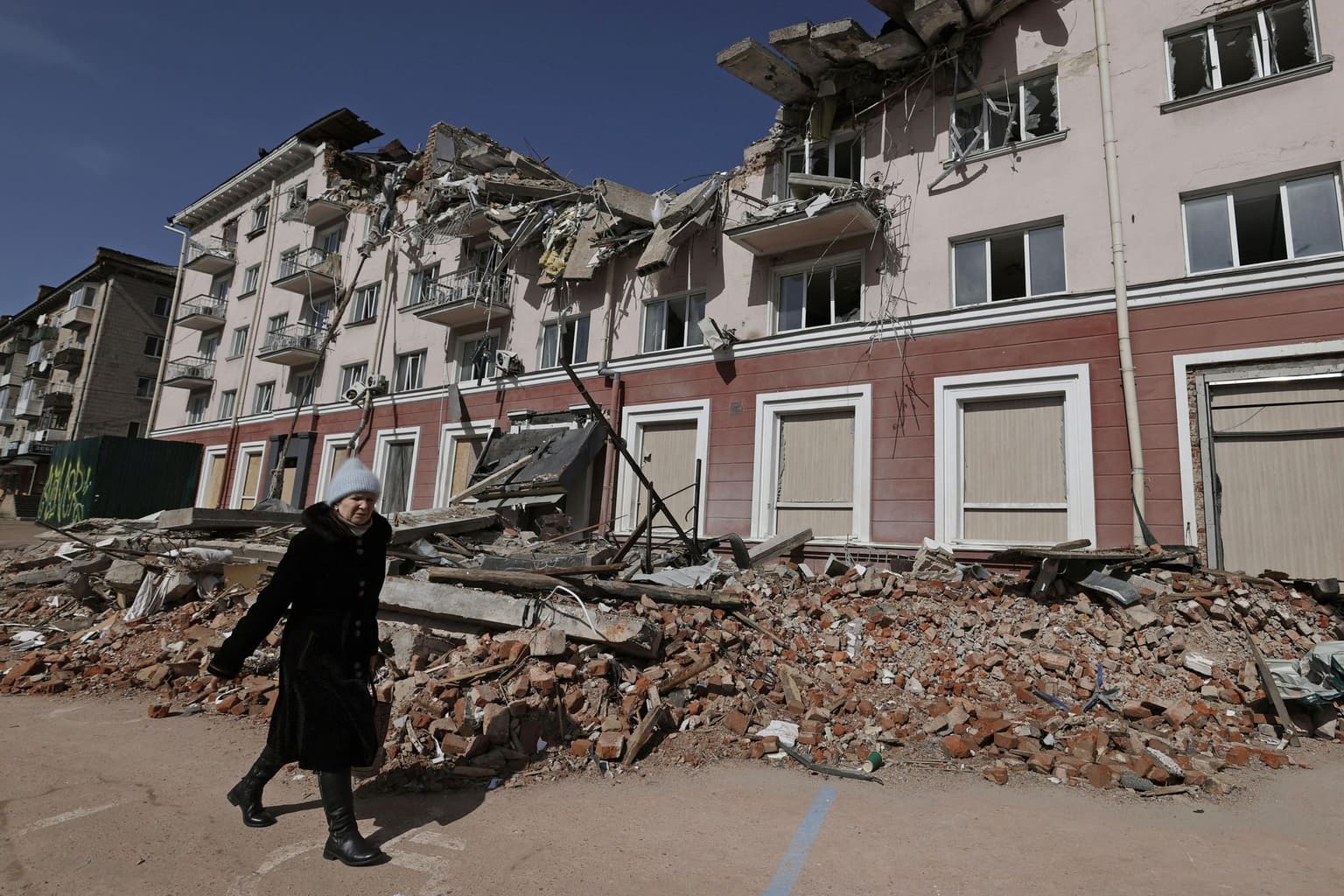Agnieszka Legucka: Russia's war against Ukraine shows clash between two global world views

Editor's Note: The Kyiv Independent is exclusively re-publishing an interview with Agnieszka Legucka prepared by Forum for Ukrainian Studies, a research publication for experts, practitioners, and academics to discuss, explore, reflect upon, develop, and transform international understanding of contemporary affairs in Ukraine. This platform is run by the Canadian Institute of Ukrainian Studies (CIUS) of the University of Alberta (Edmonton, Canada).
Agnieszka Legucka is a professor of international security and analyst in the Eastern Program at the Polish Institute of International Affairs.
CIUS: How would you define the Russo-Ukrainian war compared to other military conflicts of the 21st century? Is there anything outstanding or unexpected in its character?
Agnieszka Legucka: The Russo-Ukrainian war differs from other military conflicts in the last seventy years, the ones taking place after the end of WW II. The majority of these conflicts, as we calculated at the SIPRI [Stockholm International Peace Research Institute], were intra-state hostilities, fought within national borders. However, the Russo-Ukrainian war is an inter-state conflict engaging two sovereign entities.
Apart from this, the Russo-Ukrainian war is not an “ordinary” violation of international law but rather an act of aggression that could ruin the architecture of global order and security. Indeed, one of Russia’s objectives well before February 2022 was to challenge the existing equilibrium and rise against the West. The war became instigated by and involves one of the members of the UN Security Council, a country with “great power” ambitions, which hinders seeking for peace via diplomatic means.
Read the rest of the interview here.










